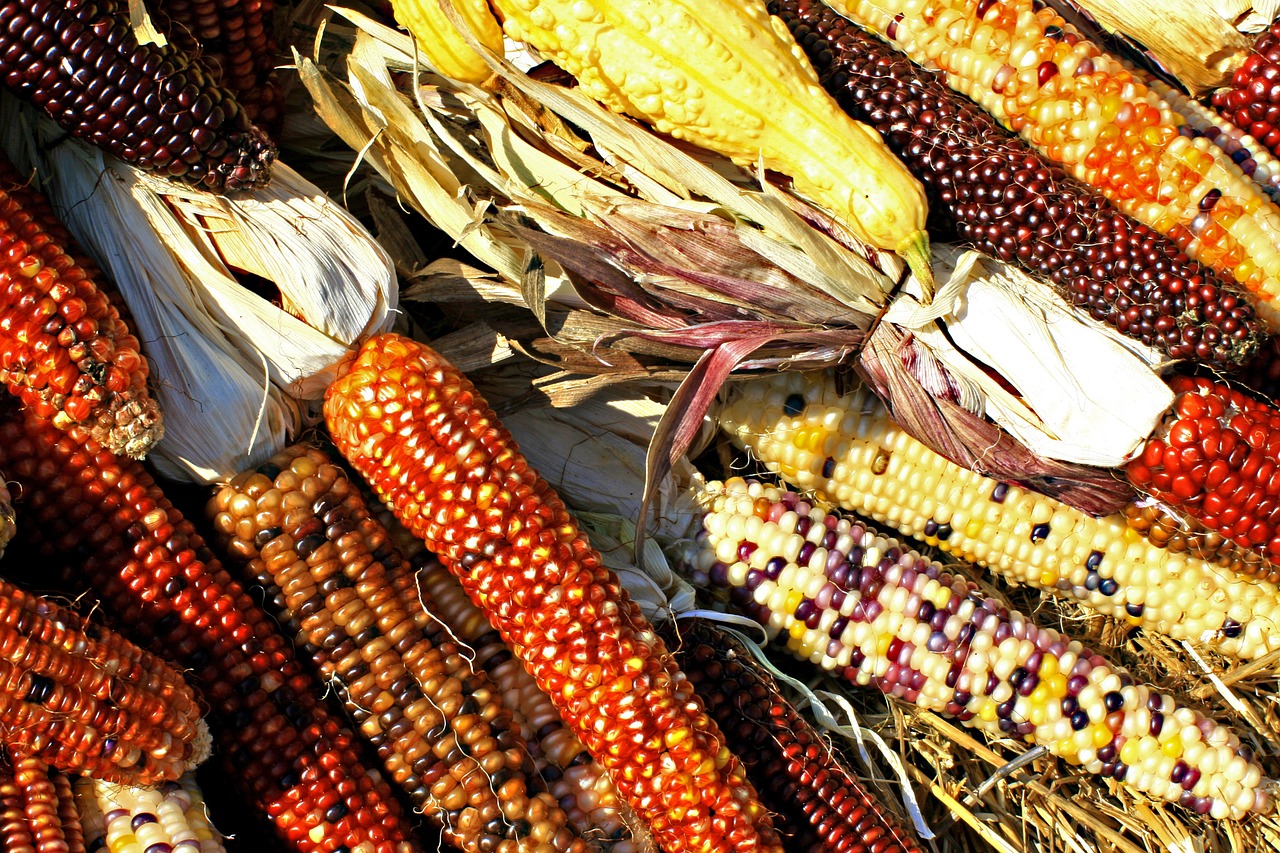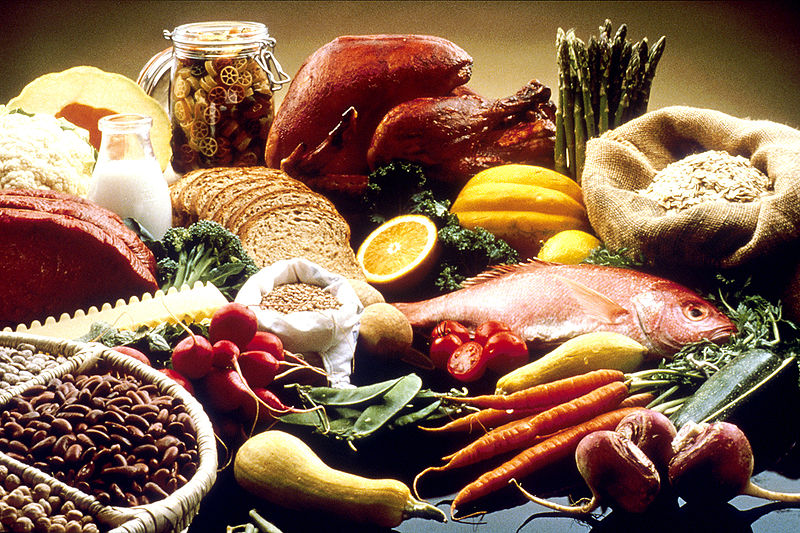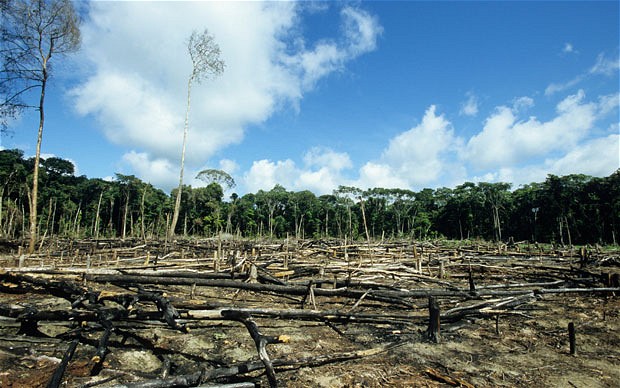Our food, from how we grow it to what we eat, accounts for a higher proportion of carbon emissions than the cars that we drive. Why is this the case and how can we remedy it?
Being mindful about your food is starting to resonate with us all, not only are we thinking about the provenance of our food, the carbon footprint of a restaurant’s menu, but the sustainability of what we eat too.
 +4
+4
However, there is something else to consider – climate change. Did you know that the food on your plate has a greater impact on contributing to climate change than the vehicle that you drive, according to a report on Global Greenhouse Gas Emissions Data?
How does food impact on climate change?
Surprised? A recent report from the Guardian reported that globally, food systems (on average) accounts for one-quarter of all manmade greenhouse gas emissions. Putting this into perspective, this is more than the emissions generated from the industrial and transportation sector, according to EPA data on Greenhouse Gas Emissions.
Therefore, there is a real and immediate threat of what we serve and eat on climate change. Our ability to grow essential crops has also been affected according to a research from Science Magazine, we have seen yields in wheat and maize decrease by 5.5 and 3.8% respectively due to increases in temperature.
Other ‘foodie’ factors that are contributing to climate change includes changes to consumers diets. There has been a significant shift to people looking to adopt an animal product-free diet, where they are looking to swap meat-based products with plant proteins instead.
Can reducing food waste ease climate change?
 +4
+4
Food waste is also having a massive impact on climate change. It is not restricted to just the food scraps that you throw away at the end of a meal, it is prevalent throughout the entire food system.
MIT research shows that a staggering 30-40% of the food that is produced worldwide is never consumed and there are many different reasons for this. A large proportion gets thrown away by consumers, retailers and restaurants, but some food never even gets to harvest. Sone produce gets spoilt before it even reaches restaurants and consumers. In fact, if food waste was a country, then it would be the third largest contributor to greenhouse gas emissions in the world, behind China and the United States.
Latest figures from waste and recycling advisory body Wrap show that the UK throws away £13bn of food each year and that of the food thrown away, 4.4m tonnes was deemed to be “avoidable” waste.
Both food and agriculture are fast becoming enormous contributors to climate change, in fact, the entire food system needs to look above and beyond current farm and agricultural practices. Collectively, we need to open our eyes to find solutions that fully address these challenges to enable us to create more sustainable food systems where we can protect the resources of our planet whilst continuing to provide essential healthy food.
Improving the infrastructure along the food chain could certainly help reduce food wastage and consumers can help with this by buying on a ‘need only’ basis.
 +4
+4
What are food systems?
So, what are food systems? Professor Ruth Khasaya Oniang'o who recently posed a similar question for the Guardian says that this is everything from the initial plantation to the supermarket to the plate to the landfill – essentially food systems include the growing, harvesting, processing, packaging, transporting, consumption and finally the disposal of food and food-related items.
Deforestation and soil also impact on climate change but this can be reduced by producing crops and livestock in more effective ways that proactively removes carbon and protect forests.
It’s time to look beyond just food on its own and look at the bigger picture and look to develop and create food systems that are less detrimental to our planet and that are more resilient to the issues that are impacting on global warming.
Everyone has a role to play, and we all need to work together to try to reduce the impact that food is having on climate change and our planet.
By Emma Harrison
@canteenemma


















There are no comments yet.
You could be commenting on this if you had an account! Click here to sign up.